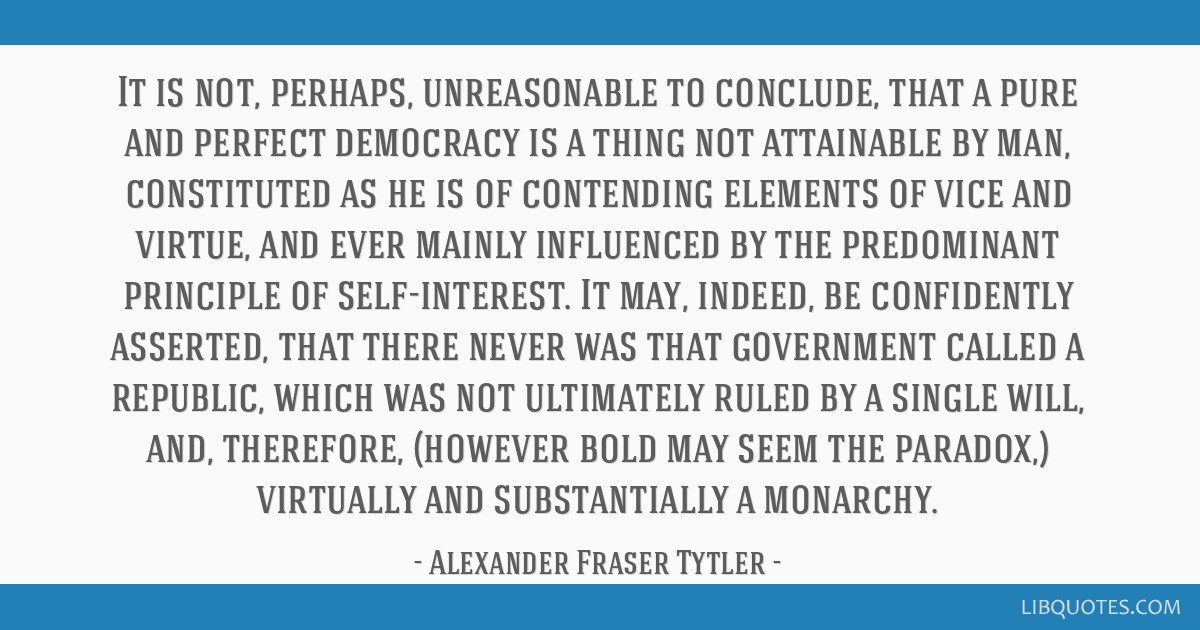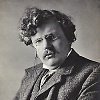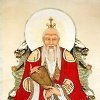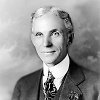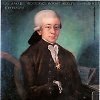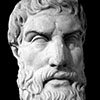It is not, perhaps, unreasonable to conclude, that a pure and perfect democracy is a thing not attainable by man, constituted as he is of contending elements of vice and virtue, and ever mainly influenced by the predominant principle of self-interest. It may, indeed, be confidently asserted, that there never was that government called a republic, which was not ultimately ruled by a single will, and, therefore, (however bold may seem the paradox,) virtually and substantially a monarchy.
Tytler, Lord Woodhouselee, Alexander Fraser (1854). Universal History: From the Creation of the World to the Beginning of the Eighteenth Century, Vol. I. Petridge and Company. p. 216.
